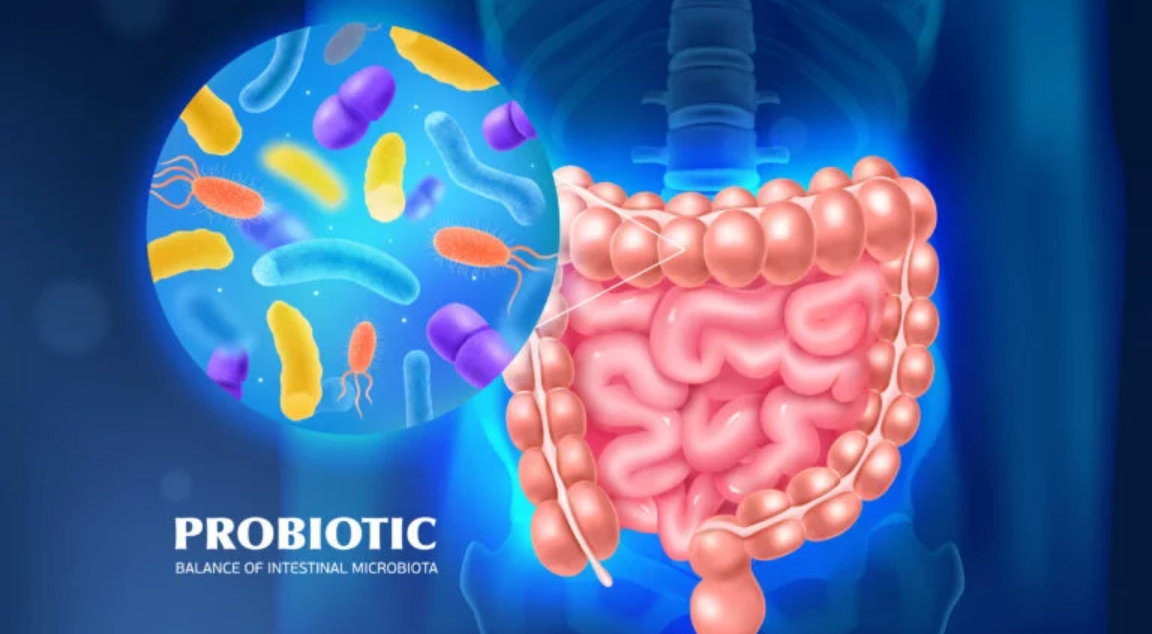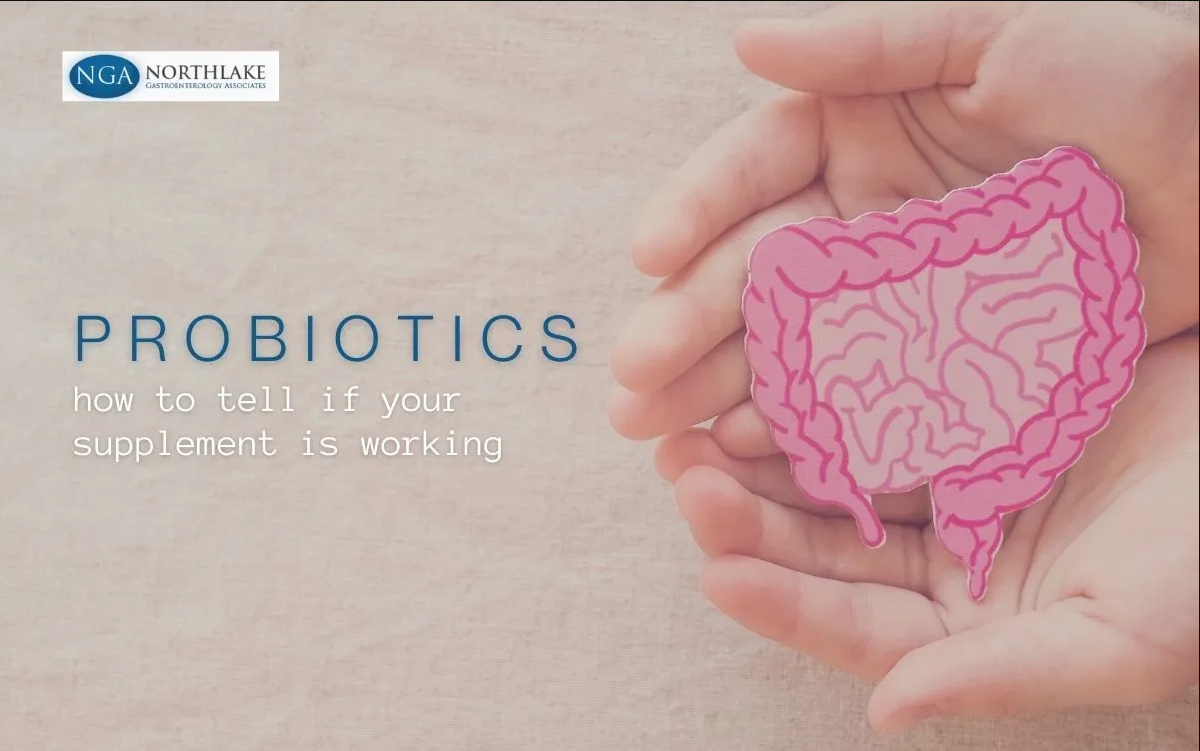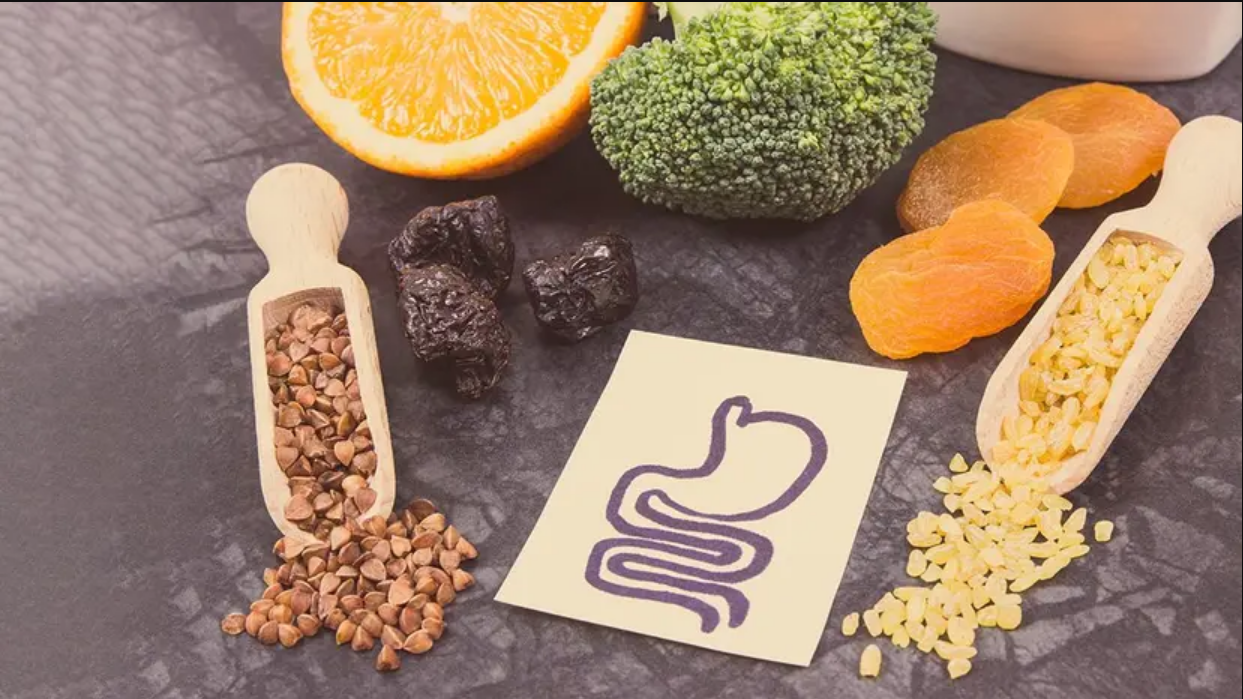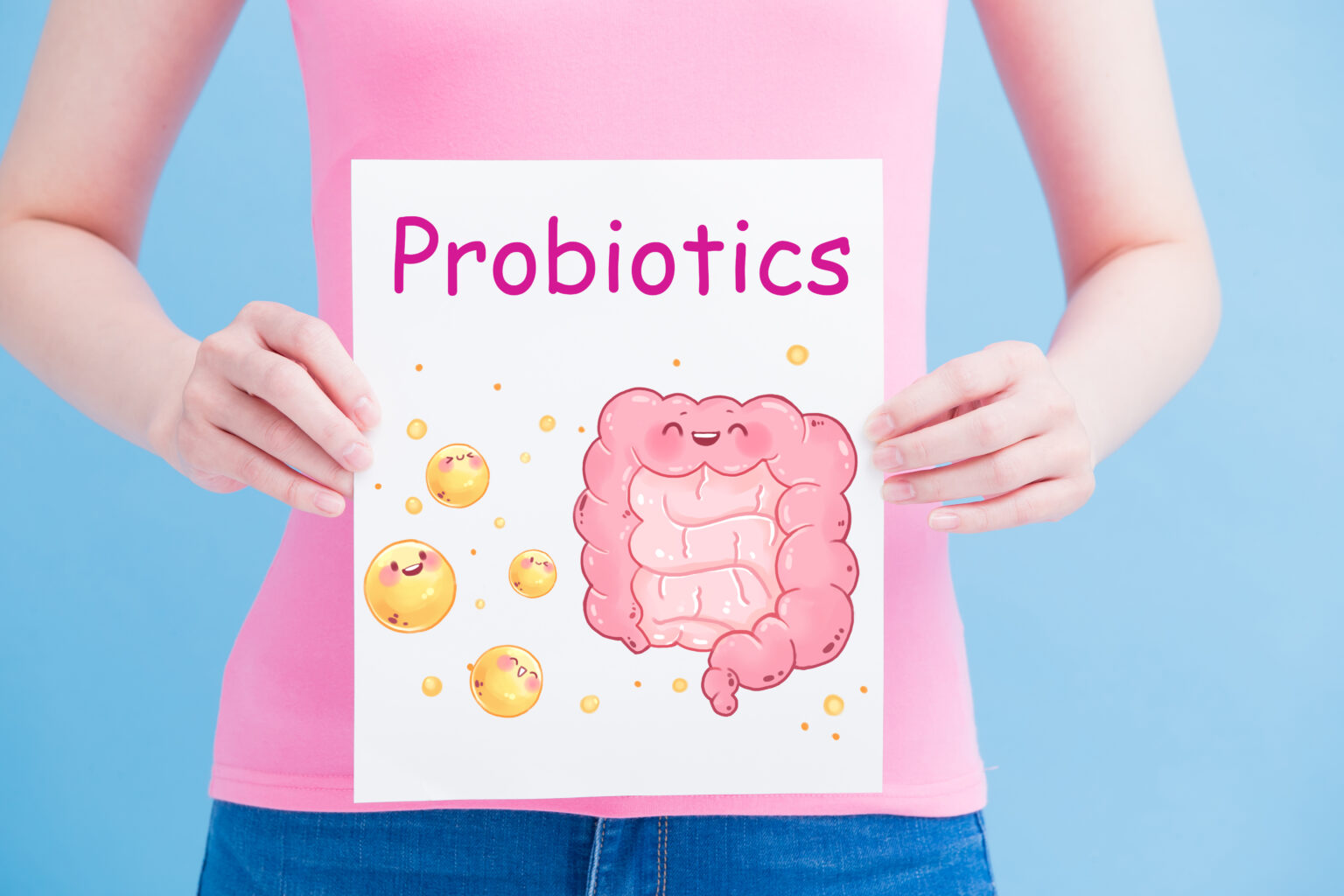Probiotics can improve skin inflammation, can they also improve inflammation in the body? You can hear all the knowledge about probiotics in this episode! ~ Let's listen to what Dr. Qiu Liang of Formosa Biomedical iMedical Health Clinic has to say!
 ❐ What is inflammation in the body?
❐ What is inflammation in the body?
Inflammation is a protective mechanism designed to remove harmful stimuli or pathogens and promote tissue repair. Immune cells, blood vessels and inflammatory mediators are involved in the inflammatory process. Although inflammation usually helps protect the body, sometimes excessive inflammation can lead to autoimmune diseases such as rheumatoid arthritis and lupus erythematosus, which attack the body's own tissues and cells, causing chronic inflammation and pain.
❐ How to distinguish between chronic inflammation and acute inflammation
Everyone's genes, lifestyle habits and environment are different, so the reasons for everyone's illness are not exactly the same. Finding the underlying reasons to improve them is what functional medicine does. For example:
Acute inflammation
Acute inflammation is usually short-lived, occurring within a few minutes or hours, and quickly subsides after the harmful stimulus is removed. Its main symptoms include redness, swelling, heat and pain. If acute inflammation occurs on the surface of the body, redness, swelling, heat, and pain may all appear; but if it occurs in the internal organs, there may not be symptoms. The pain may only appear in the inflamed part, and the pain is only felt when it appears in the pain nerve endings. For example, acute pneumonia may not cause obvious pain unless the inflamed part involves the pain nerve endings, such as the chest wall or pleura, in which case pain may be felt. Therefore, some internal organ inflammations will not feel pain at all. Therefore, internal organ inflammation is not easy to detect, and this should be paid special attention to!
Chronic inflammation
Chronic inflammation is caused by persistent, indecomposable pathogens, or continuous stimulation by external stimuli, or autoimmune reactions. It may last for months or even years, leading to various diseases. In more serious cases, pro-inflammatory cytokines will be produced, activating the overall immune cells, and then releasing damage factors, which will affect the entire body through blood circulation and trigger a systemic inflammatory response. In severe cases, it may even trigger a cytokine storm, which is life-threatening. ❐ What is the mechanism by which probiotics can help relieve inflammation in the body?
❐ What is the mechanism by which probiotics can help relieve inflammation in the body?
Probiotics mainly reduce inflammation by regulating the intestinal immune system. For example, probiotics can promote the proliferation of type I T lymphocytes, which secrete interferons and suppress the activity of type II T lymphocytes, thereby reducing inflammatory responses. This mechanism can effectively reduce the body's chronic inflammation and allergic reactions and achieve the function of immune regulation.
❐ What are the benefits of taking probiotics?
If there are enough probiotics in our intestines, it can indeed reduce inflammation and allergies in our bodies. There are diverse flora in the intestines, which can increase the overall immune mechanism in the intestines.
If we mix probiotics and probiotics (probiotics are food for probiotics), such as "galacto-oligosaccharides" and "fructose oligosaccharides", we will form the so-called symbiotic substances and achieve better results. The benefits of probiotics can be divided into the following eight categories
Promote intestinal health: Probiotics can maintain the balance of intestinal flora, prevent the overgrowth of bad bacteria, and produce antibacterial substances to protect intestinal health.
Promote nutrient absorption: Probiotics can help the intestines decompose and absorb nutrients. For example, probiotics such as lactobacillus and bifidobacterium can promote the decomposition and absorption of nutrients in the intestines, and produce vitamins, organic acids and enzymes that are beneficial to the human body.
Relieve diarrhea: Probiotics can secrete substances that inhibit bad bacteria and reduce the occurrence of diarrhea.
Reduce constipation: Probiotics can produce organic acids and vitamins, which can promote intestinal peristalsis, increase intestinal moisture, soften stools, and reduce constipation.
Enhance immunity and prevent allergies: 80% of the human body's immune cells are in the intestines, including a variety of immunoglobulins, T cells, B cells, etc., and probiotics can stimulate the production of intestinal immune cells, maintain bacterial balance, prevent the growth of harmful bacteria, reduce the chance of pathogen invasion, reduce the risk of infection, and reduce allergic reactions. Then achieve the function of increasing immunity, protecting the immune system, avoiding excessive and severe damage, and reducing inflammation.
Prevent eczema: The skin is an important barrier that protects the body from external stimuli and infection. Probiotics can enhance the skin barrier function and reduce eczema and inflammatory reactions.
Reduce anxiety and depression: There is a gut-brain axis communication mechanism between the intestines and the central nervous system. Probiotics can affect the communication of the gut-brain axis. Some probiotics can produce neurotransmitters, such as GABA (aminobutyric acid), dopamine and serotonin, which can change the release and synthesis of neurotransmitters, thereby reducing anxiety and depression. Therefore, probiotics also help regulate emotions.
Prevent urethritis: Intestinal flora imbalance will affect the community of urinary tract microorganisms, and the two are causally related. Therefore, the intestines and urinary system are actually closely related. Probiotics can produce acidic substances, improve the urinary tract environment, reduce the growth of harmful bacteria, and prevent urethritis.
❐ Time and method of taking probiotics
When taking probiotics, you should pay attention to the following points:
Use warm or cold water with probiotics: General probiotics are usually not resistant to high temperatures. The live bacteria will decrease as the temperature of the water we drink rises. If the water temperature exceeds 40 degrees, it will directly lead to the death of probiotics and lose the health care effect, so warm or cold water is recommended.
Take it one hour apart from Chinese or Western medicine: If you happen to be taking Chinese or Western medicine, whether it is taken before or after meals, it is recommended to take it one hour apart from probiotics; especially antibiotics, because antibiotics originally have the function of killing bacteria, so both good and bad bacteria will be annihilated. If you want to take antibiotics and probiotics, usually the interval is more than two hours to avoid the decrease of probiotic activity.
Avoid using it with irritating foods: Drinking tea, coffee, or alcohol containing caffeine, and eating irritating foods such as peppers and garlic will also affect the effect and growth of probiotics, so you need to take it at least two hours apart to maintain the original efficacy of probiotics.
Easier to absorb when used on an empty stomach: Probiotics are easier to absorb when taken on an empty stomach, but if you have gastrointestinal problems and cannot take them on an empty stomach, take them after meals instead. ❐ There are many kinds of probiotics on the market, how can you choose?
❐ There are many kinds of probiotics on the market, how can you choose?
There are many types of probiotics on the market, and you should pay attention to the following points when choosing:
Choose strains with international research data: Choose strain formulas that have been proven effective by scientific research. The real determinant of the efficacy of probiotics is the strain rather than the species. You should choose strains that meet health functions.
Choose strains according to needs: for example, "Lactobacillus acidophilus LA1" and "Bifidobacterium bifidum BG7" are related to intestinal health; LP28, LP33 and LGG, or BRAP-0, etc. are used to adjust allergic constitution; probiotics related to skin such as "Lactobacillus salivarius" and "Lactobacillus rhamnosus" are used to prevent chronic dermatitis; probiotics related to female private parts include "Lactobacillus reuteri RC-14" and "Lactobacillus rhamnosus GR-1"; probiotics for adjusting mood anxiety and anxiety can choose "Lactobacillus plantarum PS128".
Check the strain number marked on the product box: choose products with strain numbers to ensure that the probiotics you buy have the required functions.
Moderate number of strains: choose a formula containing 5-6 strains, and avoid formulas with more than ten species to maintain colonization. The colony count should be between 10 billion and 40 billion to be more noticeable.
Choose fresh products: Try to choose products with a manufacturing date within six months, because the activity of probiotics decreases over time. In addition, it is best not to have too many additives when purchasing products, such as laxatives, otherwise people with more sensitive constitutions are prone to diarrhea.
Choose certified professional manufacturers: Choose products with safety certifications such as ISO 22000 and HACCP to ensure quality and safety.
❐ Does everyone need additional probiotics?
Not everyone needs additional probiotics. If you have a balanced diet and consume enough dairy products, vegetables, fruits and whole grains, intestinal probiotics should be sufficient. However, the following situations may require additional probiotics:
Partial eating or unbalanced nutrition
Long-term use of antibiotics
Digestive tract problems or weak immune system
Prone to infection or repeated urinary tract infections and vaginitis ❐ Do probiotics need to be combined with other nutrients to help absorption?
❐ Do probiotics need to be combined with other nutrients to help absorption?
There are many probiotic formulas. In addition to the probiotics themselves, so-called prebiotics and probiotics are often added. These three complement each other to achieve the best health care effect, but their functions are not the same:
Probiotics: It is a kind of microorganism produced by the human body with health benefits. It can reduce the proportion of bad bacteria in the intestines. Long-term supplementation can improve specific physiological conditions.
Probiotics/prebiotics/prebiotics: Probiotics are also called prebiotics or prebiotics. They are food for probiotics and provide nutrients needed for the growth of probiotics. Without prebiotics, probiotics cannot grow well and cannot fully play their role. Probiotics can help intestinal probiotics grow, maintain intestinal health, maintain the balance of flora, and enhance the body's protection.
Postbiotics: It is an active substance produced by probiotics during the fermentation process, including organic acids, short-chain fatty acids, bacterial cell wall components, digestive enzymes, functional proteins and extracellular polysaccharides. Postbiotics can remove bad intestinal bacteria and increase the colonization rate of probiotics, thereby improving intestinal health.
❐ In what situations is it not suitable to supplement probiotics?
In some situations, it is not suitable to supplement probiotics, such as:
Weak immunity just after surgery
Children under one year old
Acute stage of heart failure or intestinal damage
During surgery or acute inflammation
Why is it not suitable to supplement probiotics when the immunity is weak just after surgery? Because at this time, the bad bacteria and good bacteria are in a state of imbalance. If you supplement probiotics at this time, in addition to the low colonization rate, the good bacteria cannot be raised, but the number of bad bacteria is still the same. So don't do these supplements in this very chaotic period. It would be better to supplement after it is more stable. In other words, it is to eradicate the bad bacteria first and then supplement the good bacteria.
Probiotics can have the opportunity to relieve inflammation in our body through mechanical means. It will stimulate our intestinal immune response and regulate immune function. Lymphocytes will secrete some interferon to allow the immune function to proceed normally and reduce inflammation and allergies in the body.
Probiotics, prebiotics and postbiotics complement each other and can significantly improve intestinal health and immunity. Choosing the right probiotic product and supplementing it according to personal needs and health conditions can achieve the best health effects. However, before supplementing, it is best to consult a professional doctor to ensure that the body obtains safe and appropriate probiotics.
Categories: health
